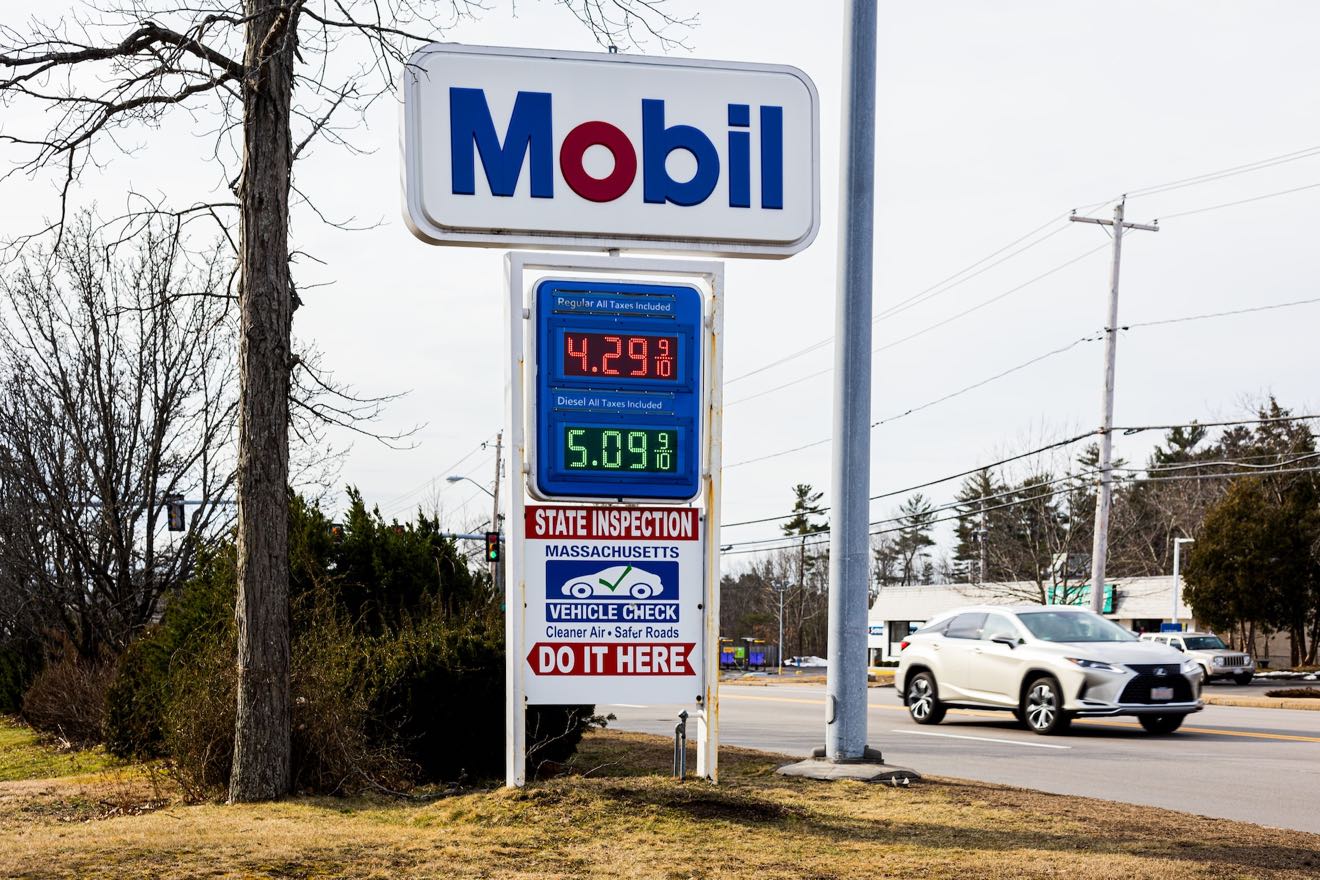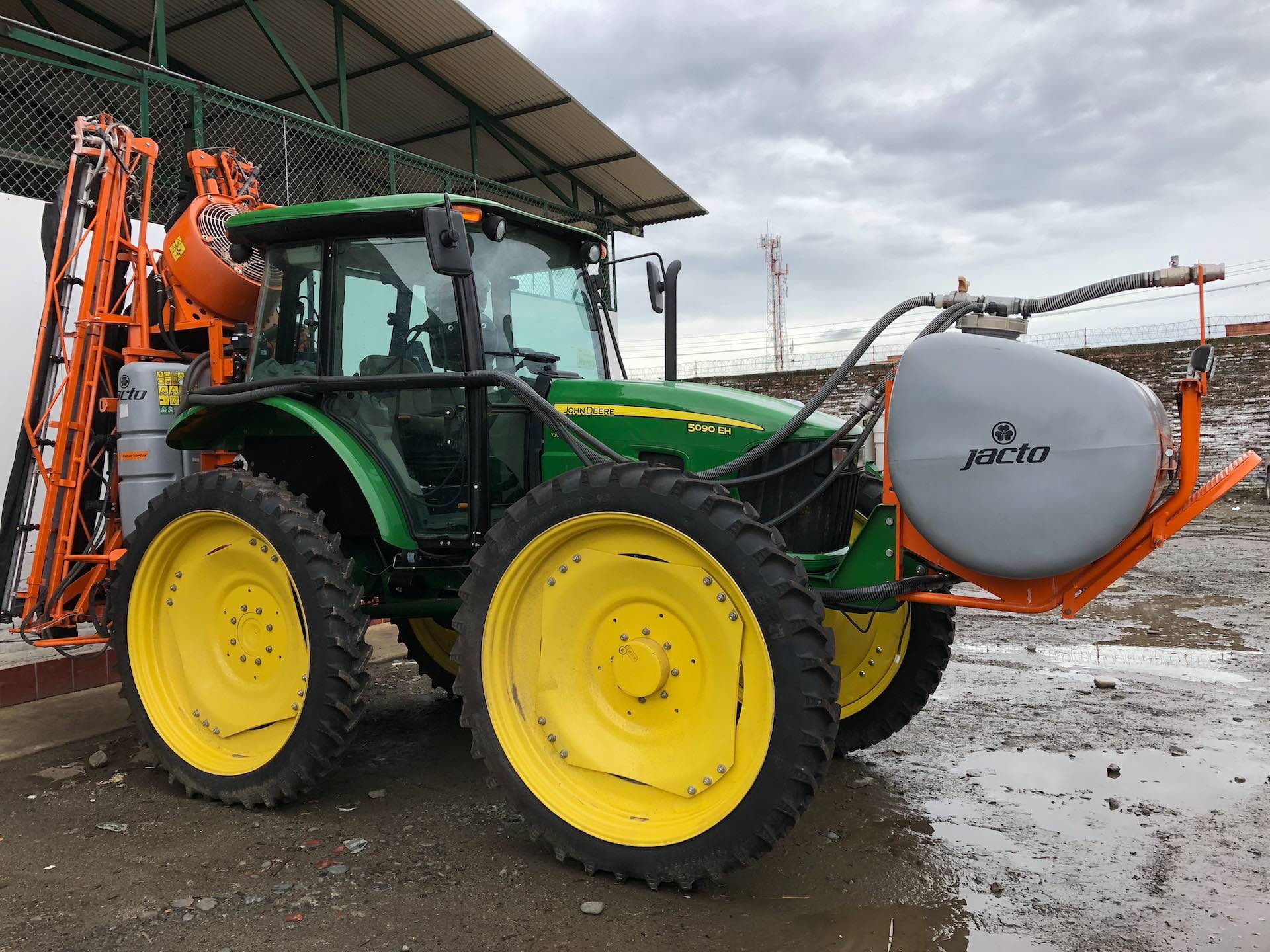Within the American trucking industry, fuel fraud has become a silent scourge that stealthily drains profits and erodes the industry’s integrity. The skills of cunning con artists advance yearly, giving them the ability to surreptitiously enter the fuel supply chain. This isn’t just a straightforward theft; it’s a sophisticated scheme that costs trucking companies of all sizes a great deal of money, resulting in annual losses that are too great to ignore. Due to the intricacy of these schemes, businesses frequently face increased costs and operational disruptions, which in turn fuel an undesirable increase in shipping costs throughout the industry.
Fuel fraud has ramifications for the whole US economy, not just the balance sheets of transportation companies. The consequences of transportation carriers losing money to fraud include higher product and service costs for customers and more financial strain on companies that depend on freight services. This introductory examination peels back the layers of the fuel fraud phenomenon, laying the groundwork for a more thorough comprehension of its workings, its extensive effects, and—above all—the tactics that can be used to counteract this escalating threat. We highlight the crucial role of reliable partners like Ship A Car, Inc., whose dedication to security and dependability acts as a bulwark against the waves of fraud that threaten this essential industry, as we navigate the complex terrain of fuel fraud.

The Mechanics of Fuel Fraud
Fuel fraud is a complicated problem that affects the trucking industry and has a significant impact on the economy and business operations. This is a sophisticated crime that targets the logistics and transportation sector, taking advantage of the industry’s dependence on fuel. The first step in creating effective countermeasures is to comprehend the complex techniques used in these scams.
Deciphering the Scam – The Art of Siphoning Profits: Fuel fraud is a sophisticated deception that can take many forms; it is not just a relatively simple theft. Theft of credit cards can be used by criminals to buy fuel illegally or, with careful planning, to manipulate fuel surcharge mechanisms. Fraudsters carefully plan to divert profits from legitimate operations, repurpose them for their own gain, or infiltrate the market with unauthorized sales. These deceptions involve more than just fuel theft. The thieves are always trying to stay one step ahead in this high-stakes game of cat and mouse.
Tracing the Trail – The Elusive Nature of Fuel Scams: It’s difficult to follow the crumbs left by fuel fraud. These crimes are nearly undetectable due to the deceit involved, which enables them to fit in with the regular business transactions of the industry as a whole. The patterns show the extent of the dishonesty only after the total losses reach a breaking point. Fuel fraud is difficult to detect, which makes it more than just a criminal but also a sneaky nemesis for companies that needs to be exposed with the help of advanced technology and careful supervision.
The Impacts on Fleet Operations – A Ripple Effect of Costs: Fuel theft has far-reaching consequences that affect fleet operations in many ways. Not only does the sudden outflow of money hurt the most, but so does the onslaught of indirect costs that follow. Businesses must devote a significant amount of funds to investigations, investing in internal audits, security upgrades, and cutting-edge anti-fraud software. Thus, the cost of each stolen gallon of fuel is much higher than its market value, placing a burden on the shoulders of the affected companies.

Beyond the immediate loss of fuel, fuel theft has far-reaching economic effects on the American trucking industry. This complex problem affects transportation companies’ whole operational structure, resulting in a cascade of secondary costs in addition to direct financial harm caused by the theft of important resources. It is essential to comprehend the scope of this impact in order to create countermeasures that work.
Quantifying the Losses: Fuel fraud significantly reduces trucking companies’ profits, with losses that can reach astonishing sums each year. Companies suffer compound losses that many overlook in addition to the market value of the stolen fuel. Fuel theft causes operational disruptions that result in unplanned downtime and rescheduling, which can sour relations with customers. Increasing insurance rates to reduce the risk of theft drives up operating expenses even more, and the irreversible harm to a company’s brand can have a lasting impact on its standing in the market and financial stability.
The Chain Reaction in Pricing: Fuel fraud disrupts the economy and affects all of the industry’s pricing systems. Companies are frequently compelled to increase their shipping rates in order to recover financially, unintentionally passing the cost along to customers and other businesses that depend on their services. Price inflation has the potential to undermine market competition, strain the entire supply chain, and raise overall product and service prices, which may raise living and business expenses across the country.
The Role of Data Analytics: Data analytics is now a crucial tool for trucking companies in the digital age to identify and stop fuel fraud. Sophisticated software programs examine fuel transactions with extreme care, comparing them to average fuel consumption benchmarks. By using these analytical techniques, businesses can find anomalies that the human eye might miss. Businesses can detect possible fraud, predict trends, and put in place more robust control measures to stop losses in the future by utilizing data.

The trucking industry needs a strong defense strategy in the fight against fuel fraud. Enterprises can considerably reduce risks and protect their assets by utilizing technology innovations, fine-tuning internal procedures, and industry cooperation. This section describes proactive steps businesses can take to strengthen their operations against this ubiquitous threat.
Technological Shielding – Empowering Fleet Security: Investing in state-of-the-art technology is essential to combating fuel fraud. Fleet cards with sophisticated security features, like chip and PIN technology, should be integrated by businesses as they significantly lower the possibility of unauthorized use. As a watchful guardian, real-time transaction monitoring systems instantly examine transactions for any anomalies and trigger automated alerts to indicate possible fraud. It is imperative to take immediate action to put an end to fraudulent activities before they cause large losses.
Reinforcing the Rules – Policy and Audit Enhancements: Restructuring current policies and processes is a calculated step that strengthens a business’s barriers. Regularly carrying out comprehensive audits serves as a preventative measure as well as a way to find irregularities early on. Establishing a culture of awareness and vigilance among staff members is also crucial. Encouraging employees to report any suspicious activity and learning the telltale signs of fraud are key components of fostering a culture where security is everyone’s responsibility.
United We Stand – Collaborative Vigilance: Fuel fraud is an intricate crime that frequently outpaces the efforts of lone individuals to stop it. Therefore, it is essential to promote a culture of cooperation and transparent information exchange with law enforcement and other organizations in the transportation industry. Companies can benefit from each other’s experiences and remain up to date on the newest fraud schemes and techniques by taking part in forums and networks devoted to fraud prevention. This kind of cohesive approach not only expands the network of watchfulness but also increases the potency of any countermeasures that are put in place.

The trucking and transportation industry as a whole is facing a critical moment in its fight against the costly and widespread problem of fuel fraud. Businesses can put up a strong defense against these nefarious activities by arming themselves with heightened awareness, sophisticated tracking technology, and tighter security measures. But it’s not just about implementing new technologies—it’s also about encouraging an integrity- and vigilance-driven culture across the board. All stakeholders—from executives to drivers—must be equipped with the knowledge and skills necessary to spot and report fraudulent activity. By working together, we can drastically reduce the likelihood of fraud, safeguarding the integrity of the industry’s operations and preserving a company’s bottom line.
Furthermore, enforcing strict policies and conducting frequent audits deters potential fraudsters. Another important step in preventing fuel fraud is to form solid alliances with organizations that value safe and dependable transportation services, such as Ship A Car, Inc. Their dedication to openness and quality establishes a standard for the transportation industry, highlighting the importance of a shipping partner who actively seeks to reduce risks and maximize operational effectiveness. In order to ensure a more secure and prosperous future for everybody, the transportation industry must continue to foster innovation and teamwork in its ongoing fight against fuel fraud.

Ship A Car, Inc. – Navigating Complexities with Trusted Expertise: Fuel fraud offers an assortment of difficulties, but getting through the subject doesn’t have to be done alone. At Ship A Car, Inc. (SAC), we provide a solid partnership amidst the intricate shipping environment, serving as a beacon of dependability. SAC is the ally that people and companies can rely on when the integrity of every transaction matters. We are more than simply a service provider—we actively guard your possessions and interests. Every client’s freight, heavy haul equipment, machinery, vehicles, and comprehensive shipping needs are managed with unmatched expertise and painstaking attention to detail thanks to SAC’s dedication to excellence.
Being a shipping partner with SAC gives you a watchful eye against fuel fraud, which can cause unanticipated cost inflation and logistical disruptions. Our customized shipping solutions are made to meet the particular difficulties presented by fuel fraud, protecting your interests through creative thinking and open procedures. SAC has the expertise and resources to ensure a safe and efficient transfer, whether you need to move a large fleet of trucks or a single heavy item. SAC offers a smooth shipping process from beginning to end for any individual or organization wishing to move heavy machinery or “anything on wheels.”
Secure Your Shipment Today: Keep moving forward despite the difficulties caused by fuel fraud and unpredictability in transportation. Be proactive and entrust the professionals to secure your shipment. Call Ship A Car, Inc. at (866) 452-3657 for a shipping quote right away and feel secure knowing that you have a committed shipping partner on your side. Allow us to fuel your future with watchfulness and committed service, making sure that your shipping requirements are not only satisfied but also surpassed by the best standards in the business.
Q1: What exactly is meant by the term “fuel fraud,” and how exactly does it have an impact on the trucking industry?
A1: Fraudulent practices involving fuel include theft of fuel or manipulation of fuel charges; these practices are illegal and result in financial losses as well as disruptions in operational processes for trucking companies.
Q2: How can trucking companies protect themselves from fraudulent activity involving fuel?
A2: Companies can combat fuel fraud by making investments in advanced security technologies, improving internal policies, conducting regular audits, and collaborating with law enforcement and industry peers.
Q3: Why should you go with Ship A Car, Inc. for all of your shipping requirements?
A3: Ship A Car, Inc. provides a partnership that lasts beyond a single transaction by giving individualized attention and care to protect your shipping interests and providing the secure and effective transport of your cargo.




